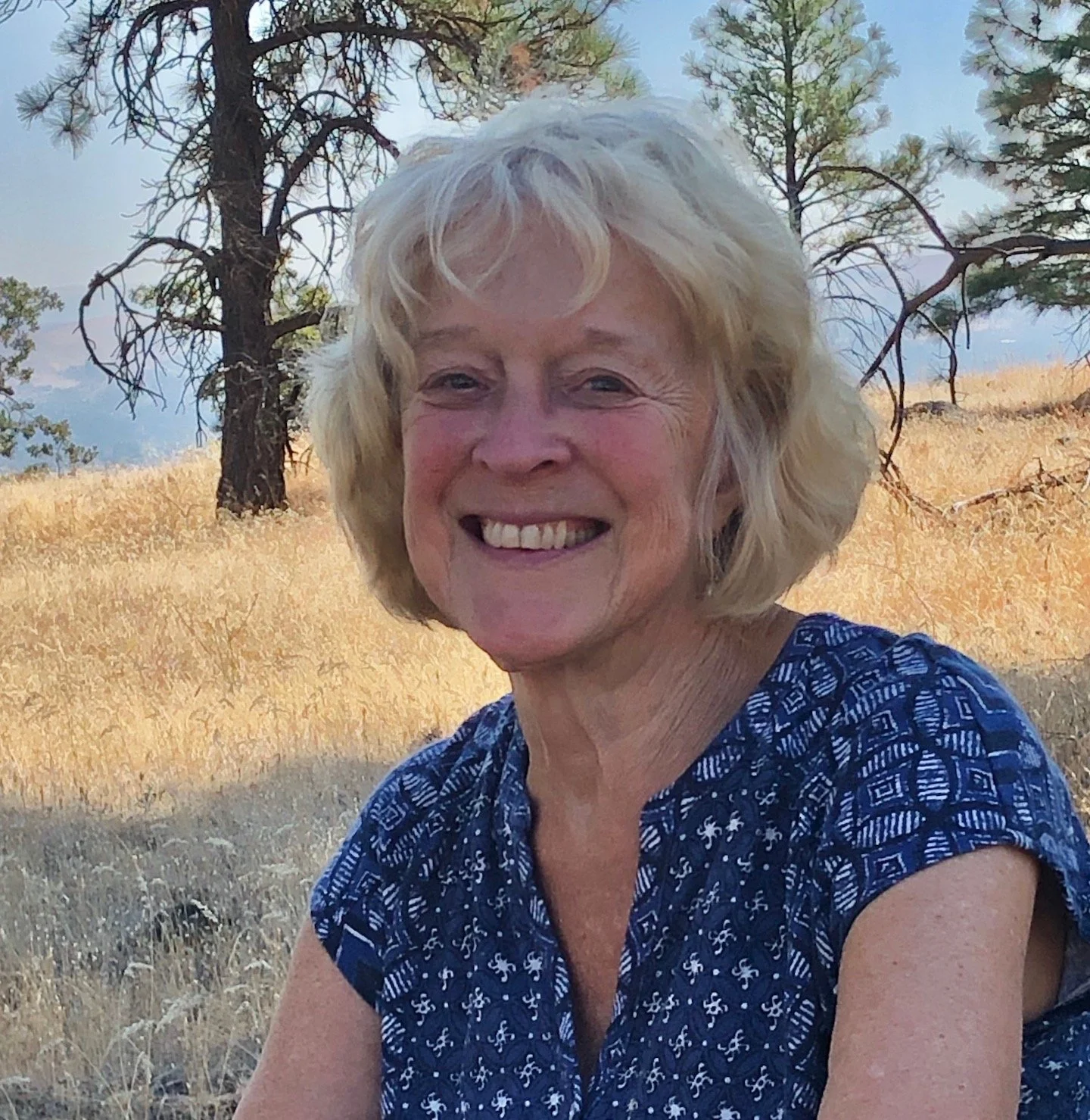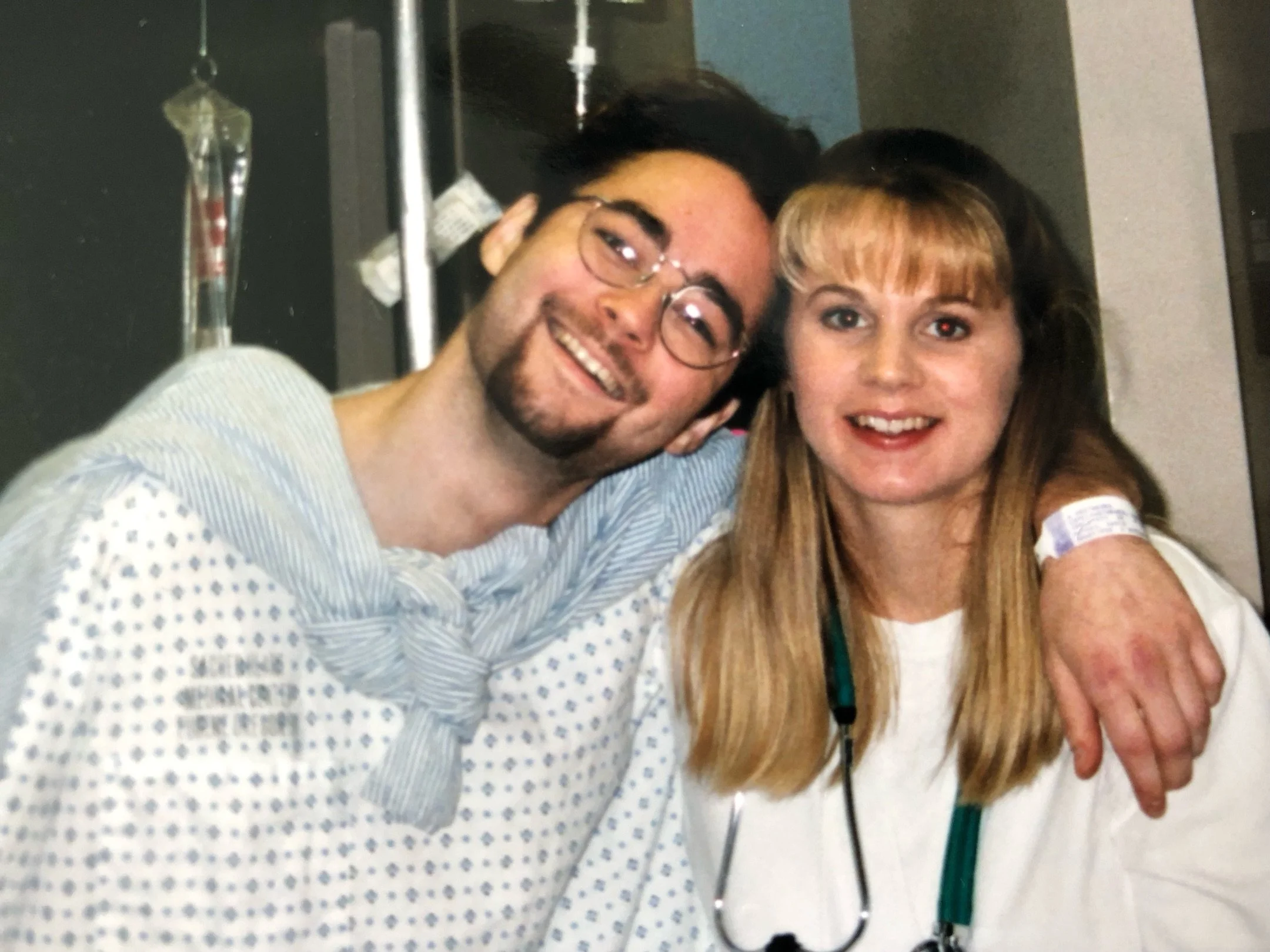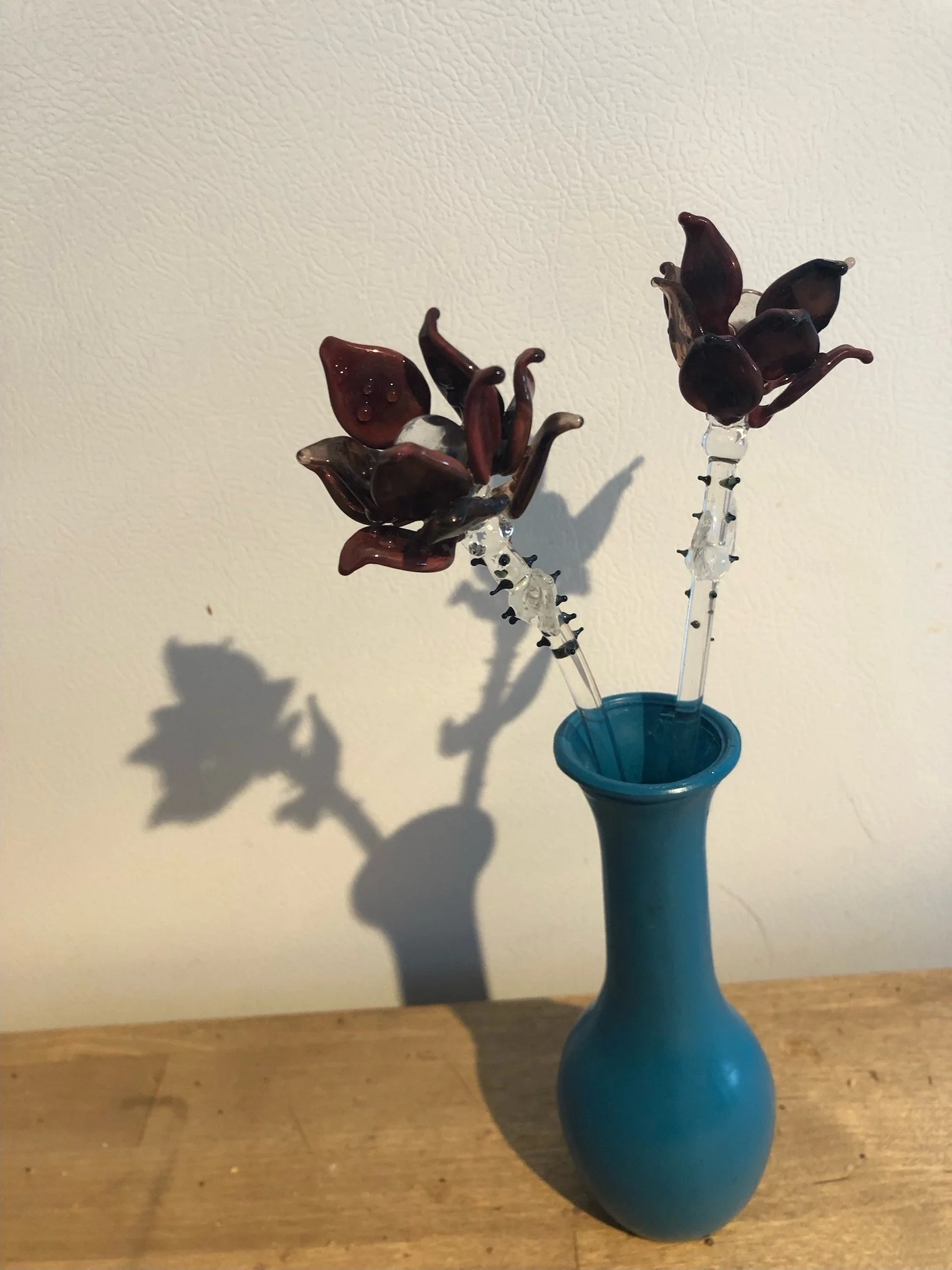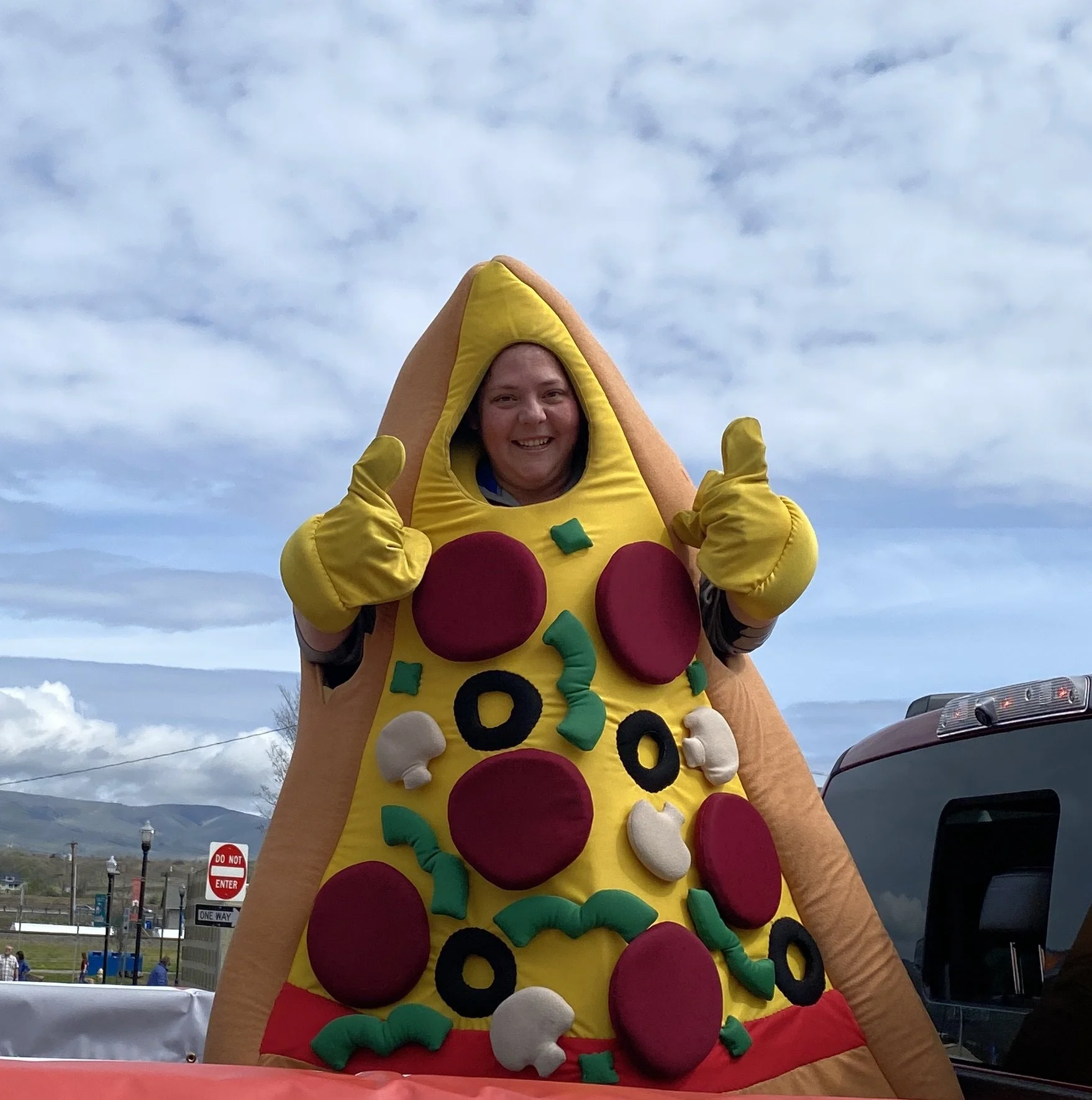Column: Living like a Lotus, part 1
Toby
Editor’s note - Nancy Turner gives us a two-part column about adversity, the love of a child and the transformation for embracing both in the most desperate of times. Here is part 1. Part 2 will be published on Sunday, Feb. 11.
By Nancy Turner
Nancy Turner
It’s February.
And memories of well-wishers calling out, “Happy New Year” are still faint whispers in our heads.
It would be nice to coast on these positive exclamations for a while, possibly for the whole new year. Unfortunately, even the most sincere wishes, prayers and longings for life to move along smoothly do not always make it so. When mishap or fate dumps a catastrophe in our laps, how are we to cope?
The philosopher, Fredrich Nietzsche penned the saying, “That which does not kill us makes us stronger.”
I know I’m going out on a limb here, but I’ve never believed that.
Finally, current research shows it simply is not true. It’s not easy to know what to do, how to contain negative feelings, keep our fears in check, and go on with life. About 20-30% of U.S. Veterans return home with Post Traumatic Stress Syndrome. Most people are not stronger or wiser after trauma. Some are, but many are not.
We like to think that post-traumatic growth might involve deepened social relationships, increased sense of personal strength, heightened appreciation of life, broadened sense of new possibilities, and enhanced spirituality. This is what we’d like to believe. We like to give meaning to traumatic experiences, but according to some research, this isn’t what happens. Stressful experiences do not necessarily create resilience to future trauma. Sadly, the opposite is more often true. Traumatic events often cause physical and emotional illnesses. So what can we do about this?
Years ago, as fall menaced the skies with rain in Portland, I interrupted my dinner preparations to answer the phone. It was my twenty-year-old son, Toby, calling from Eugene.
In my habitual good cheer, I asked, “How you doing?” Silence drained the line.
With the weakness of a starving kitten, he said, “Not so good.”
My voice wavered. “What do you mean?”
“I’m bleeding a lot,” he said, “but the doctors say there’s nothing wrong.”
My shoulders tightened; my heart beat fast and hard. I plummeted into a ravine of terror. Where was his usual gusto, his joyous vitality? Something was terribly wrong.
Within minutes I was in my car driving to Eugene. My thoughts fell into dark corners as if something violent had already happened. My dread was thick and nauseating. I tried not to imagine the worst, but I couldn’t help it. I was overwhelmed with fear.
I arrived at his house, parked next to the apple tree, and entered the farm-style house on Jefferson Street. I made my way up the dark stairway to Toby’s bedroom. His thin body lay listless on a disheveled mattress on the floor. His wavy brown hair drooped behind his ears. Filbert-colored eyes had the sheltered look of someone just waking up, and at the same time, of someone who had not rested for days.
He told me how he’d gone to the ER twice already. Each time the doctor had been dismissive. Still, the bleeding continued, turning the toilet bowl a terrifying crimson.
I wrapped my weak child in blankets and drove him to the Sacred Heart Hospital. Again the ER doctor didn’t think his condition was serious. I insisted a specialist be consulted. I was not going to take my child home without seeing someone who could help. I became a fierce mother bear. I stood my ground.
A gastroenterologist was consulted. He was alarmed and instructed me to get my son admitted to the hospital immediately. Even without an exam, he knew by the symptoms that this was a life-threatening case of acute ulcerative colitis.
Once admitted into the hospital, Toby was given IV fluids, nutrition, steroids, and I don’t know what else. I was in a daze. I checked into a nearby hotel. I felt anger toward the ER doctors. How could they be so negligent? I wanted to hug the gastroenterologist. He told me later, “If you hadn’t brought him to the ER that day, you would have been planning a funeral.”
During the next several months, Toby spent most of his days at his home in Eugene. His energy waned. Friends rallied. They prepared bland meals with rice and more rice. I visited often, returning to my sitting spot on the floor beside his mattress. I leaned against the pale yellow wall and read books out loud as I had done when he was a boy. Afternoon sunlight danced through the windows, warming his comforter and encouraging me to accept what was happening, to cherish each moment. At least it wasn’t a cancer diagnosis. I didn’t know what would happen, but I had faith he’d make it.
We reminisced about the childhood ritual of my reading him a bedtime story each night. For now, it was bedtime all day. We talked about life, and death, about illness and health, about relationships gained and lost, and what really matters. Rather than avoid the topics we most feared, we moved closer to them.
As the months passed, we wept together through chapters of Tuesdays with Morrie, by Mitch Albom. It’s a book by a young man having deep conversations with his college professor who was dying from Lou Gehrig's disease. When spring arrived, we opened the window and inhaled the scent of fresh apple blossoms and the neighbor’s cut grass.
During the course of that year, Toby was unable to resume college. He was much too weak. Fortunately, before getting sick he had built an art studio in his garage. That became his haven, his refuge. Whenever he could muster enough strength to pull up to his workbench and sit on a stool, he held ¼ inch rods of glass in the blue flame of a blowtorch.
By melting the glass, he changed it’s rigid shape to a soft liquid, then into fragile curved petals. Green rods of glass became ruffled leaves. He clustered several petals together, attached leaves, creating long-stemmed roses. With a single drop of glass, he kissed each rose with a shimmering dewdrop. He fashioned full bouquets of stunningly delicate blooms. In so doing, he was able to lift his spirits beyond the dismal confines of his condition.
Check back with CCCNews on Sunday, Feb. 11 at 7 a.m. for the second part of this column.
Support Local News
Available to everyone. Funded by readers.





